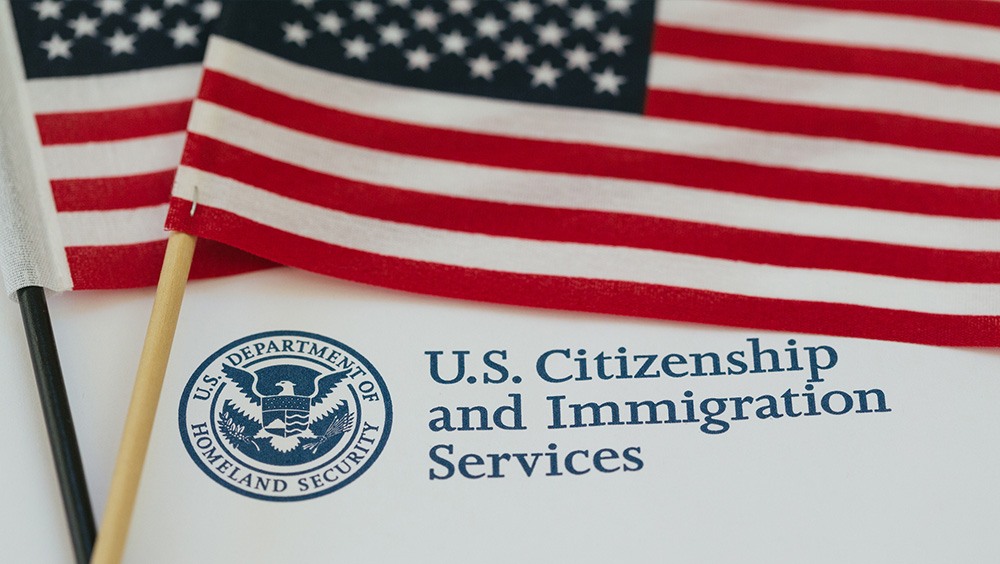Are Non-Citizens Protected by the First Amendment?
By Scott A. Leadingham
Jan. 29, 2024
The
First Amendment means government can't restrict the freedoms of religion, speech, press, assembly and petition (with some exceptions like
obscenity,
true threats and
defamation).
But does that hold true for both citizens and other people who are in the United States, whether as students, workers, tourists or people without documentation seeking to become citizens?
All people in the U.S. – including citizens, foreign tourists and non-citizen residents – are subject to federal, state and local government laws. Even if only traveling for a short time, a person who commits a crime while vacationing in the U.S. could be arrested, tried, convicted and imprisoned. That person would have the same rights to a jury trial and a lawyer that all U.S. citizens enjoy.
But do they have First Amendment rights? Are there exceptions to
freedom of speech that go beyond
what is being said (like obscenity) and land on
who is saying it?
Everything to know about non-citizens and the First Amendment
The question of whether non-citizens have the same freedoms of religion, speech, press, assembly and petition as U.S. citizens isn't a simple yes or no. That's partly due to the different ways people may be in the United States.
Here are important things to consider if you've ever wondered if non-citizens are protected by the First Amendment.
When non-citizens have First Amendment rights
The First Amendment begins, "Congress shall make no law...." In that sense, it shouldn't be viewed as telling people or corporations what they can do but instead as telling the government what it
cannot do. So, it applies anytime a federal, state or local government tries to restrict one of the five freedoms.
Some examples:
- Religion: A tourist visiting from Canada may attend their preferred religious service and can't be prevented by the government from doing so or forced to attend a particular service.
- Speech: A musician from India may tour the country, performing songs that are critical of U.S. foreign policy without fear of being punished.
- Press: A person from Kenya studying at Indiana University may work on campus for the student newspaper and has the same free press rights as any other student journalist on campus.
- Assembly: Someone born in the Philippines with legal status under Deferred Action for Childhood Arrivals due to the age they arrived in the U.S. may participate in a public protest advocating for immigration reform.
- Petition: A refugee from Haiti may ask the government to extend the length of their temporary protected status and to make it easier for other groups to get TPS and simplify the process for citizenship.
Are non-citizens protected by the First Amendment? The answer isn't as clear-cut as you may think. Here's everything to know.

www.freedomforum.org





